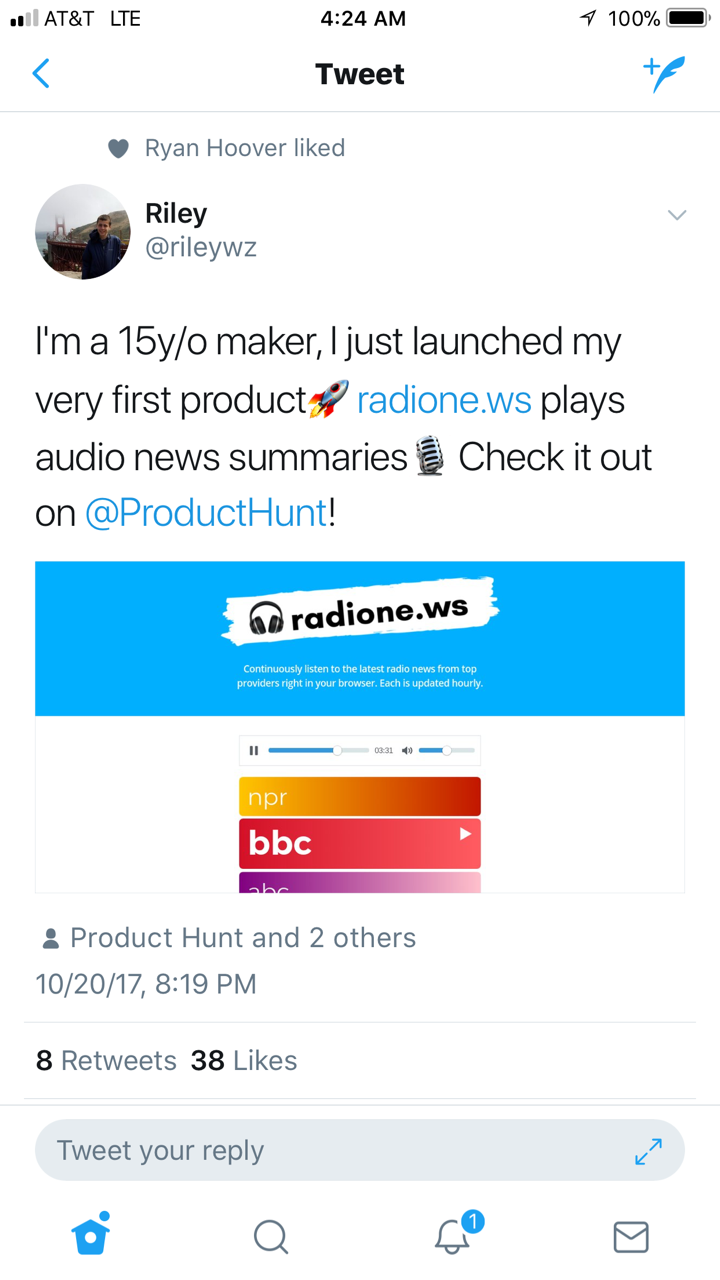
16 Companies “Domainating” Google Search Results
I’ve long heard that Domain Authority (DA) is more important than ever.
Apparently, as of late, SEO experts Brian Dean and Glen Allsopp have both cosigned this statement (if you will).
If you’re not familiar with either Brian or Glen, then take a moment to read up at Backlinko.com and Detailed.com respectively.
But I digress.
In a recent article posted by Glen, “How 16 Companies are Dominating the World’s Google Search Results”, he reveals how the perceived and varying range in Google search results is controlled by a handful of large corporate conglomerates.
Glen poses a very good question for all to consider, especially should a brand survive from garnering traffic from the ol’ great Google:
“Are the Google rankings I aim to get for myself and my clients actually controlled by just three hands full of companies?”
Everyone hopes the answer to this question is a unanimous No!
However, Glen’s article exposes not only how global Google search results are dominated by large corporations, but he lists the companies (see below) and their online brands, and how exactly they are achieving this domination.
- CBS
- Condé Nast
- Dennis
- Evolve Media
- Future
- Gawker Media
- Hearst
- IAC
- IDG
- Meredith
- Purch
- Scripps Networks
- TIME
- Verizon
- Vox Media
- Ziff Davis
Achieving multiple page-one search results can serve an online brand well — to the tune of 31% of search result traffic being received when in the number-one spot alone.
More importantly, Glen reveals how Google search results being dominated by large corporations is going to get a whole lot worse.
So, if you depend on Google search results as your primary means of revenue, then grab a Snickers and prepare for the ensuing storm of a lifetime — it’s going to be minute figuratively speaking.
However, one of the most interesting things I believe Glen shared in this article was the following:
“I came away with even more belief in the importance of having a strong domain (read: a domain that has a lot of backlinks) if you want internal pages to rank.”
— Glen Allsopp
So, what does all this mean for people, specifically domain investors, buying and selling domain names?
Reviewing the list of names below and the aforementioned image provided courtesy of Glen’s article, here’s the domain extension breakdown of the aforementioned 16 global conglomerates.
Out of 202 domains, there are 181 .com, 1 .fm, 2 .net, 1 .in, 1 .tv, 1 .me, and 15 .co.uk.
I’m not certain one could walk away with a conclusive answer to the question of what all this means for buying and selling domains.
Sure, one could conclude that this article makes the case to only buy and sell .com domains. I could see and agree with such a conclusion, but not exclusively.
Again, most of the brands in this article (ok, 90 percent of listed domains as online brands) are sporting .com domains while a handful are .co.uk, .me, .tv, .in, .fm, and .net.
The aforementioned brands are not the only brands stockpiling and developing domain names as investments or extensions of their primary brand — whether they are “dominating” search results with multiple domains.
Personally, I believe this could be more good news than bad news for domain sellers and investors.
Combine all of this with the impending news of major corporations laying off thousands of people, and those selling and investing in domains could reach the domain promise land.
Much like when COVID hit and forced everyone online, new domain registrations, and the buying and selling of domains spiked to historic levels not seen.
Could large corporations use multiple domains push everyone else to pages two and three of search results for small to medium companies to also try their hand at branding using multiple domains?
Could this behavior by small to medium companies, in addition to those laid off trying their hand at an online venture — whether full-time or part-time, lead to more buying and selling of domains?
In my humble opinion, there are quite a large and growing number of factors at play. The combination of any could lead to either profitable or costly results depending upon the industry, product/service, and the list goes on.
I believe that buyers of wholesale domains priced at $500-$1K, and domain sellers that focus on selling domains in the $2K-$5K could stand to do very well in the coming months.
As for domain developers, it could be a totally different story as large corporations have deep pockets for monetizing the creation of content that leads to ultimate domain authority.
All of this could and likely spells game over, and simply shuts the door on the small to medium players’ websites’ ability to rank favorably in Google Search results.
With all this stated, I want to hear from you!














This is why I’ve begun buying SEO domains and redirecting them to another new brandable. Makes the process much faster and easier.
Building backlinks is extremely time-consuming and frustrating. Takes a long time too.